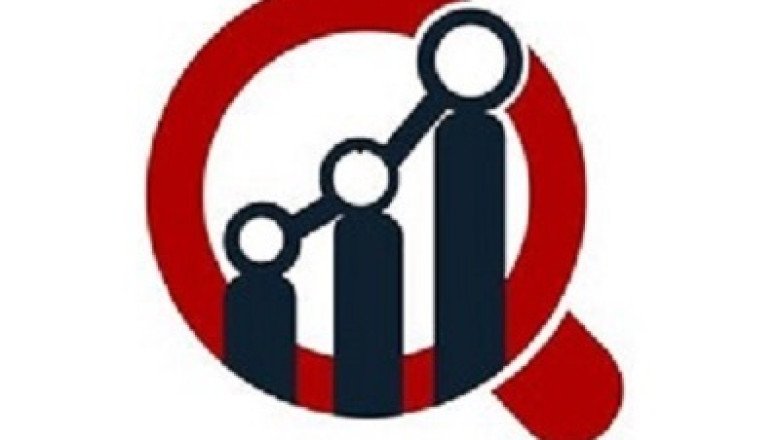
views
Stroke Disorder and Treatment Market Highlights
Heart problems and brain problems are considered among most dangerous medical problems, and their treatments are most expensive. Heart strokes and brain strokes can strike any moment and can be fatal. Hence, the market offering treatment for it is always lucrative. Globally it is increasing rapidly. The major factor that drives the growth of this market is the increasing high blood pressure patients. Due to increasing alcoholism and patients with diabetes, cardiovascular diseases are increasing the growth of this disorder and the market offering its treatment.
Stroke Disorder and Treatment Market Size was valued at USD 20.5 billion in 2022 and is projected to grow from USD 22.11 Billion in 2023 to USD 34.90 billion by 2030, exhibiting a compound annual growth rate (CAGR) of 7.90% during the forecast period (2023 - 2030). This stroke disorder and treatment market report provides a detailed analysis of the market structure along with a forecast for the next seven years. It analyses the market based on various factors including porters five force analysis, price analysis, and supply chain analysis. Providing insights about the current market size and prospects, this report features expert opinions. Profiling the key players in the market, this report covers competitive developments such as joint ventures, mergers and acquisitions, new product developments, strategic alliances, and research and developments in the global market.
Market Regions
The regional segmentation of global stroke disorder and treatment market cover North America, Europe, and the Asia Pacific. The key players of this market are primarily based in these continents. In other parts of the world, the market for stroke disorder and treatment is limited due to less advanced medical facilities, little investment in health care, lack of awareness about stroke disorder, and poor infrastructure. In North America and Europe, investments in research and development (R & D) and advanced medical facilities boost this market. According to this report, the market in North America is expected to rise and earn maximum revenue by the end of the forecast period. Europe is the second largest market. The Asia Pacific is expected to be the fastest growing market for stroke disorder and treatment because some countries in this region do have advanced medical facilities.
Market Segmentation
The global stroke disorder and treatment market has been segmented into medicines, treatment, types, and lastly region. Based on medicines, this market has been segmented into anticoagulants, anti-hypertensive, and antiplatelet. Anticoagulants, also called blood thinners, are chemical substances that prevent or reduce coagulation of blood, prolonging the clotting time. Apixaban (Eliquis), dabigatran (Pradaxa), edoxaban (Savaysa), enoxaparin (Lovenox), fondaparinux (Arixtra), heparin, rivaroxaban (Xarelto), and warfarin (Coumadin) are some examples of anticoagulants. Antiplatelet is a member of a class of pharmaceutical drugs that decrease platelet aggregation and inhibit thrombus formation. They are more effective in the arterial circulation compared anticoagulants. Examples of antiplatelet include clopidogrel (Plavix), dipyridamole/aspirin (Aggrenox), eptifibatide (Integrilin), prasugrel (Effient), ticagrelor (Brilinta), and ticlodipine (Ticlid). Antihypertensives are a class of drugs that are used to treat hypertension (high blood pressure). Examples of antihypertensives include benazepril (Lotensin), captopril (Capoten), enalapril (Vasotec), lisinopril (Zestril and Prinivil), perindopril (Aceon), quinapril (Accupril), ramipril (Altace), and trandolapril (Mavik).
Treatment-based segmentation of the market covers tissue plasminogen activator (TPA) and endovascular procedures. TPA is an enzyme involved in the breakdown of blood clots and dissolves them. The endovascular procedure is surgery. Being innovative, it is a less invasive procedure, popularly used for treating problems affecting the blood vessels, such as an aneurysm, which is a swelling or “ballooning” of the blood vessel. By types, the market has been segmented into hemorrhagic strokes and ischemic stroke. The weakened blood vessel leakage is called a hemorrhagic stroke. Its two categories are aneurysms and arteriovenous malformations. Ischemic strokes occur because of an obstruction within a blood vessel supplying blood to the brain.
Key Players
The key players of global stroke disorder and treatment market include AstraZeneca {United Kingdom (UK)}, Bayer Pharma AG (Germany), Daiichi Sankyo (Japan), Novartis AG (Switzerland), and Pfizer {United States of America (US)}.
Latest Industry News
- The US Food & Drug Administration (FDA) has approved the use of the Trevo clot retrieval device for up to 24 hours after symptom onset in certain patients presenting with acute ischemic stroke. The device has been indicated as initial therapy for ischemic stroke when used in conjunction with tissue plasminogen activator (TPA). Earlier, the use of this device was approved for use within 6 hours of symptom onset. 15 FEB 2018
- BrainQ, an Israel-based startup aims to help stroke victims and those with spinal cord injuries treat their injuries. Their plan to achieve their goal is by offering personalized electromagnetic treatment protocol. They have raised the US $ 5.3 mn for the same. The general idea behind BrainQ is to use the patient’s brainwaves to generate a tailored treatment protocol. 15 MAY 2018.
About Market Research Future:
At Market Research Future (MRFR), we enable our customers to unravel the complexity of various industries through our Cooked Research Report (CRR), Half-Cooked Research Reports (HCRR), & Consulting Services. MRFR team have supreme objective to provide the optimum quality market research and intelligence services to our clients.
Contact us:
Market Research Future (part of Wantstats Research and Media Private Limited),
99 Hudson Street, 5Th Floor,
New York, New York 10013
United States of America
+1 628 258 0071
Email: sales@marketresearchfuture.com


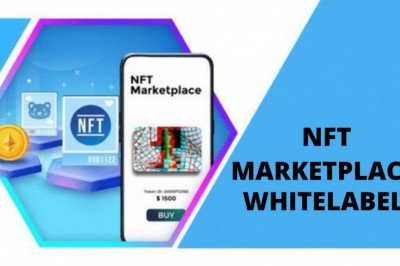




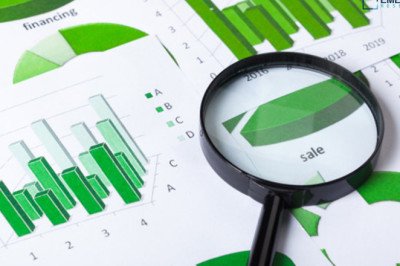

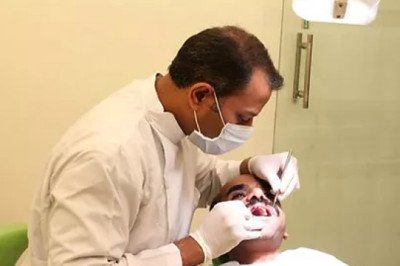
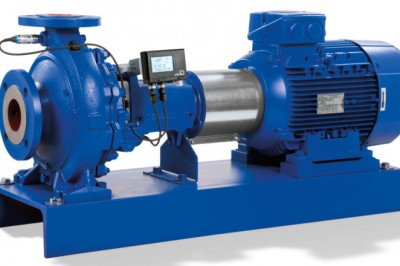
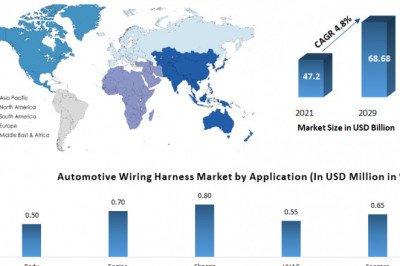
Comments
0 comment